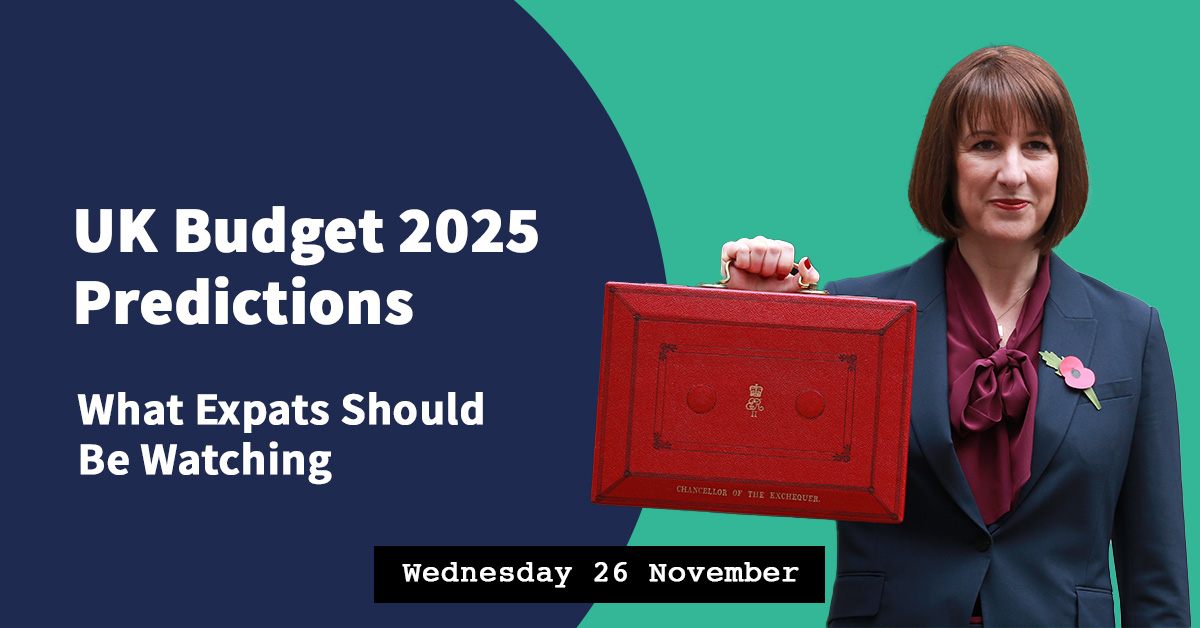Record numbers of people have been transferring out of their defined benefit pension schemes in exchange for a fixed pot of money known as the CETV, or cash equivalent transfer value.
But more recently values have, in some cases been declining slightly. So what’s in store for pension transfer values in 2022.
Cash Equivalent Transfer Values
A CETV is a lump sum which is meant to be equivalent to what it would cost you to buy the same pension income that the scheme would have provided you, based on your age, health, final salary pension entitlement and other factors.

If you agree to take your employer’s pension scheme up on a CETV, you receive the sum of money on offer. This is known as a final salary pension transfer. You then use the pot of money you get to provide a retirement income instead of receiving a pension from your company. In most cases, you’re likely to be worse off if you transfer out of a defined benefit scheme to a defined contribution scheme.
The Financial Conduct Authority (FCA) and the Pensions Regulator (TPR) believe that it will be in most people’s best interests to keep their defined benefit pension. If you transfer out of a defined benefit pension, you can’t reverse it.
All pension scheme providers will calculate transfer values differently; there is no ‘one size fits all’ approach to these calculations. Plus, very few schemes will publish their precise calculation method.
However – as a starting point – they will calculate your CETV by identifying the cash amount needed to buy the final salary scheme benefits if invested on the day of the calculator.
This will be influenced by several factors, including:
- Age
- Retirement age
- The rules in place with the scheme provider
- How well the scheme provider is performing
- How much you plan to be paid every year in retirement
- Life expectancy
- Marital status
- The current cost of living
- Scheme investment costs and returns
In order to calculate a CETV, the trustees revalue the pension from date of leaving, to date of retirement, using inflation assumptions. They then capitalise the income using interest rate assumptions and finally discount this back to the present day using investment return assumptions.
The CETVs of pensions have risen steadily over the past few years, due in part to low-interest rates and the rise in pension schemes looking to reduce their liabilities. Low gilt yields have meant that companies have found themselves unable to afford the pension benefits that they have promised. Sometimes even encouraging employees to transfer out of their schemes.
CETVs are affected by inflation and annuity rates. Currently, assumed investment returns are low, which means CETV values are high. However, since mid-December, the XPS transfer value index has been dropping, due to a rise in the value of gilt yields. The drop so far is fairly small, meaning transfer values are still high, but it offers an indication of what may happen during the following months. The fall was largely due to a continued increase in gilt yields over the course of January and came despite the rises in inflation expectations.
Should You Transfer Now?
It is a good idea to check your scheme’s current pension transfer value, even if you are not sure if you want to transfer. Most schemes will allow you to check the value once a year at no cost or commitment. If you request more than one CETV in a twelve-month period, there will usually be a charge.
And importantly remember that the general advice is always not to attempt to try to ‘time the market’ in respect of a transfer value. Your CETV could rise, or it could fall.
Timing the market is almost impossible and any decision should be based on whether your current CETV allows you to meet your goals.
If you would like to understand more book a discovery call with me today.
Let’s start the conversation
Online enquiry form
Related posts
 Published On: September 25, 2025|2.3 min read|
Published On: September 25, 2025|2.3 min read|Longevity and Wealth – Planning to Fund 100 Years of Life
Thanks to advances in medicine, better living standards, and lifestyle awareness, many of today’s expats could easily live well into their 90s—or even past 100. While that’s good news for health and family, it presents a major financial challenge: How do you ensure your wealth lasts as long as you do?
Read more
 Published On: September 3, 2025|2.2 min read|
Published On: September 3, 2025|2.2 min read|UK Budget 2025 Predictions – What Expats Should Be Watching
The Budget will take place on Wednesday 26 November, the chancellor has announced. With the UK shifting from a domicile-based to a residence-based tax system, the 2025 Budget is likely to bring further adjustments that expats need to watch closely.
Read more
 Published On: May 20, 2025|3.4 min read|
Published On: May 20, 2025|3.4 min read|Accessing Your Pension at 55? That’s About to Change
The UK government is set to raise the Normal Minimum Pension Age (NMPA) from 55 to 57, effective 6 April 2028. This change will impact when individuals can begin drawing from their private pensions, including personal and workplace defined contribution schemes.
Read more















